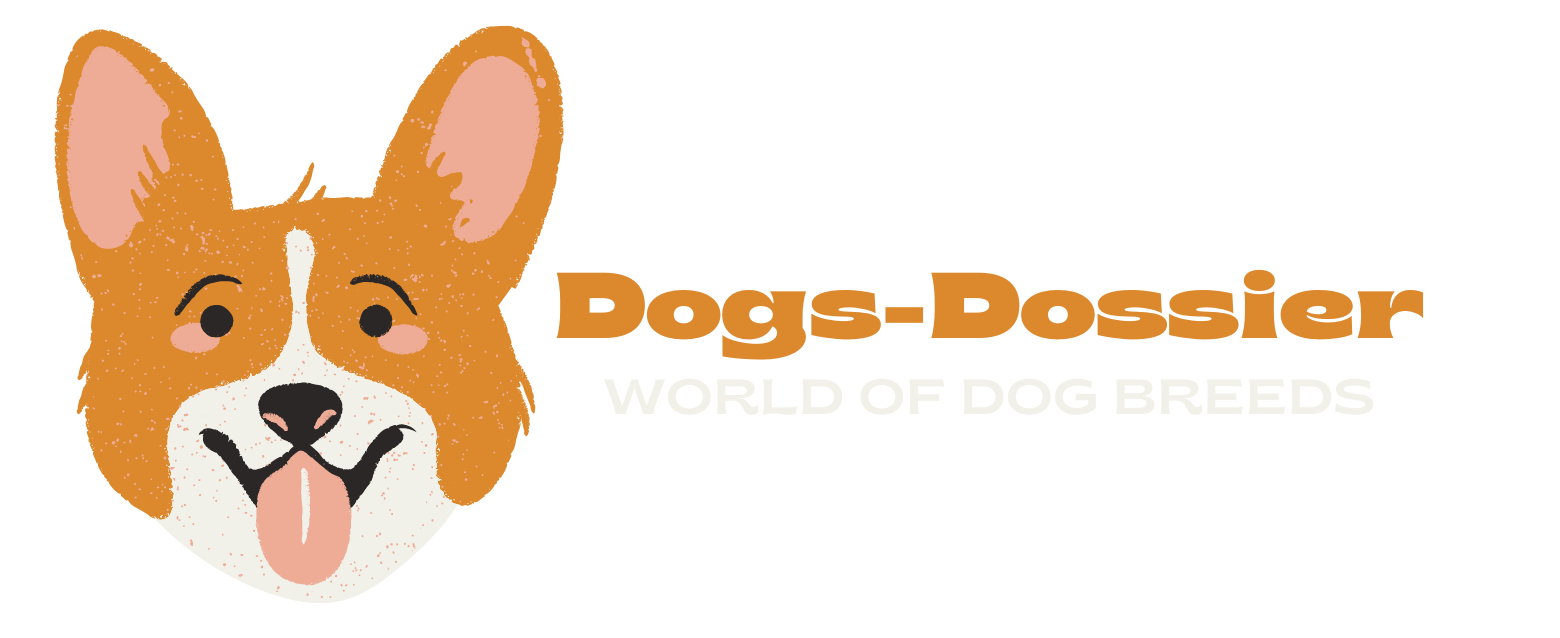Do Golden Retriever Puppies Get Darker? Unveiling the Mystery
Golden Retriever puppies are renowned for their adorable golden coats that shimmer in the sunlight.
However, as these puppies grow, some owners notice a change in their fur color, often becoming darker than their puppy hue.
But why does this happen? In this article, we delve into the fascinating world of Golden Retriever genetics and development to uncover the mystery behind why these puppies get darker.
Understanding Coat Color Genetics
To comprehend why Golden Retriever puppies undergo a color transformation, it’s essential to grasp the basics of coat color genetics.
Coat color in dogs is determined by various genes inherited from their parents, including those responsible for producing pigments like eumelanin (black) and pheomelanin (red/yellow).
In Golden Retrievers, the interaction between these genes influences the shade of their coats.

Do Golden Retriever Puppies Get Darker?
Yes, Golden Retriever puppies often get darker as they grow older. This darkening of their coat is primarily due to factors such as increased melanin production, exposure to sunlight, hormonal changes, and genetic influences.
While individual variations may occur, it is common for Golden Retriever puppies to undergo a gradual darkening of their fur as they transition into adulthood.
The Role of Melanin Production
Melanin production plays a pivotal role in determining the color of a Golden Retriever’s coat. This pigment, produced by specialized cells called melanocytes, is responsible for the range of colors seen in dog fur, including black, brown, and yellow.
In Golden Retrievers, melanin production begins during embryonic development and continues throughout their lives.
During the puppy stage, melanin production may not be fully activated, resulting in lighter fur tones. However, as puppies mature, melanocytes become more active, leading to an increase in melanin production.
This increase in melanin causes the coat to gradually darken over time. The intensity of melanin production is influenced by genetic factors inherited from the puppy’s parents.
Additionally, external factors such as exposure to sunlight can stimulate melanin production, further contributing to the darkening of the coat.
Overall, melanin production is a dynamic process that plays a vital role in shaping the appearance of a Golden Retriever’s coat as it develops from puppyhood to adulthood.
Environmental Factors
Environmental factors also play a significant role in influencing the color of a Golden Retriever’s coat. Sunlight exposure, for example, can cause melanin to darken, resulting in a deeper hue.
Additionally, dietary factors and overall health can impact melanin production, affecting the intensity of the coat color.
Proper nutrition, regular grooming, and minimizing sun exposure are essential to maintain the vibrancy of the coat while ensuring the dog’s overall well-being.
By providing a healthy environment and lifestyle, owners can help preserve the desired golden hue of their Golden Retrievers’ coats as they mature.
The Role of Hormones
The role of hormones is crucial in influencing the color of a Golden Retriever’s coat. Hormones like testosterone and estrogen, which increase as puppies reach maturity, can affect melanin production and distribution.
These hormonal changes can lead to alterations in coat color and texture, contributing to the darkening of the coat as the puppy grows older.
Understanding the role of hormones in coat color development is essential for Golden Retriever owners to appreciate the natural changes their pets undergo during the transition from puppyhood to adulthood.
Managing Coat Color Changes
Managing coat color changes in Golden Retrievers requires proactive care and attention from owners. Providing proper nutrition is essential to support healthy coat development and maintain its vibrancy.
Regular grooming helps remove dead hair and distribute natural oils, promoting a shiny and well-conditioned coat.
Minimizing sun exposure can help prevent excessive darkening caused by melanin stimulation.
Additionally, using quality pet products, such as shampoos and conditioners designed for specific coat types, can enhance the appearance and texture of the fur.
By implementing these management strategies, owners can ensure that their Golden Retrievers maintain their beautiful golden hue throughout their lives.

FAQs: Golden Retrievers
Do Golden Retriever puppies’ coats change color as they grow older?
Yes, it’s common for Golden Retriever puppies to experience a darkening of their coat as they mature.
What causes Golden Retriever puppies’ coats to get darker?
Several factors contribute to the darkening of a Golden Retriever puppy’s coat, including increased melanin production, exposure to sunlight, hormonal changes, and genetic influences.
At what age do Golden Retriever puppies typically start to darken in color?
Coat color changes usually begin during the puppy’s growth stages and continue into adulthood, with the most noticeable changes occurring within the first year or two of life.
Can diet affect the color of a Golden Retriever puppy’s coat?
While proper nutrition is essential for overall health, there is limited evidence to suggest that diet directly affects coat color in Golden Retrievers. However, ensuring a balanced diet can contribute to a healthy, shiny coat.
Is it possible for a Golden Retriever puppy’s coat to lighten instead of darken?
While it’s less common, some Golden Retriever puppies may experience a lightening of their coat color as they mature. This can be influenced by genetic factors and environmental conditions.
Conclusion
In conclusion, the darkening of Golden Retriever puppies’ coats is a result of various factors, including genetics, melanin production, environmental influences, and hormonal changes.
While this color transformation may seem mysterious, it is a natural part of the breed’s development.
By understanding the underlying mechanisms behind coat color changes, owners can appreciate the beauty of their Golden Retrievers at every stage of life.





